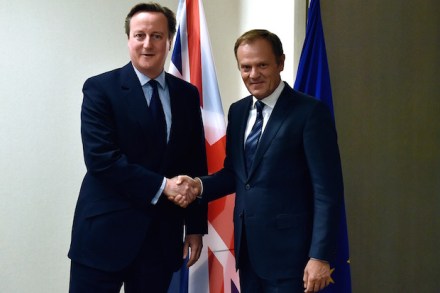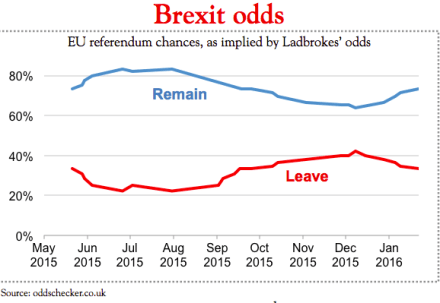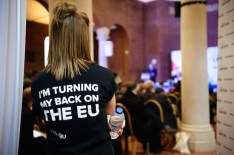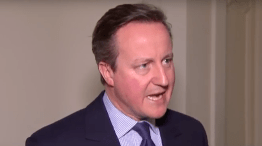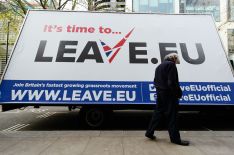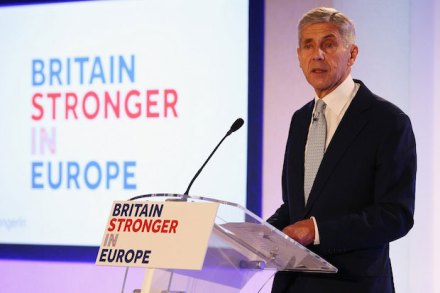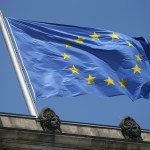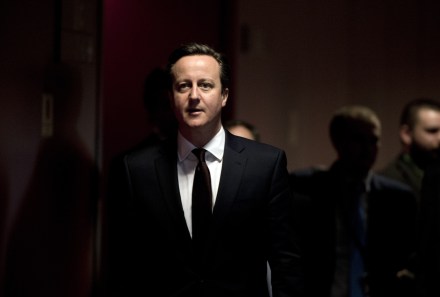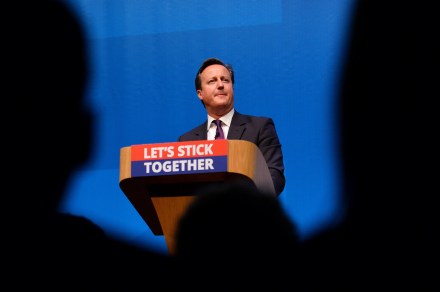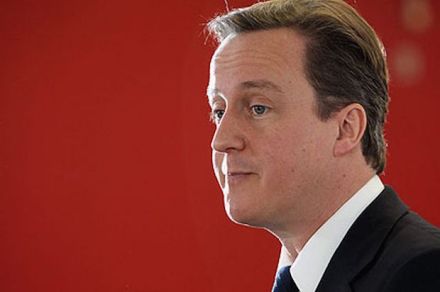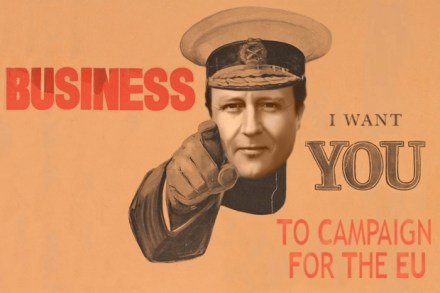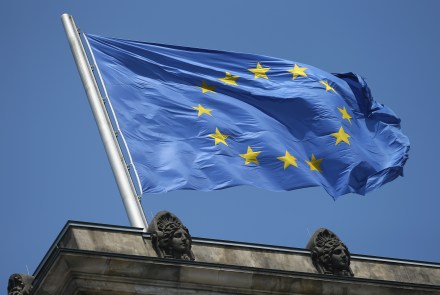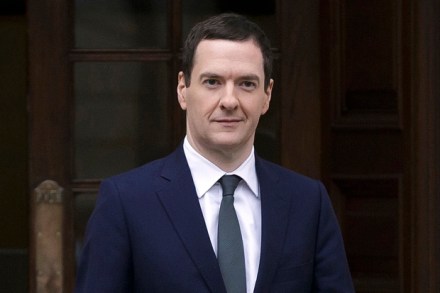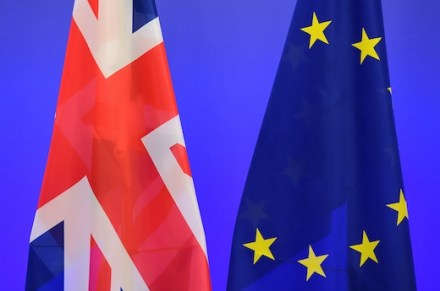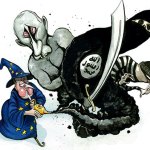Downing Street expects draft EU deal to disappoint
We are only days away from seeing Donald Tusk’s proposed text for the UK/EU deal. The President of the European Council is expected to circulate a draft early next week following his Sunday night supper with David Cameron. But, as I write in The Sun this morning, Downing Street is keen to stress that the publication of this draft doesn’t mean that the renegotiation is over. They are adamant that Cameron will have a chance to toughen up the terms at the European Council on February the 18th. Cameron’s problem is that he would like a deal at the February Council, so that he can have a referendum in June.
